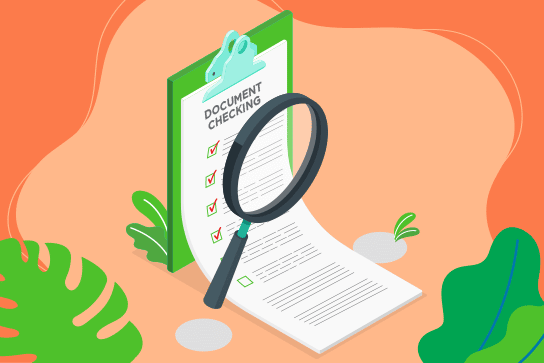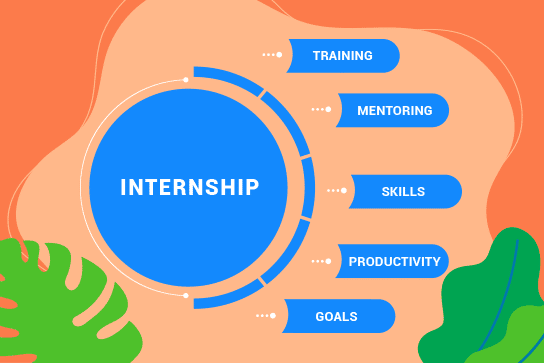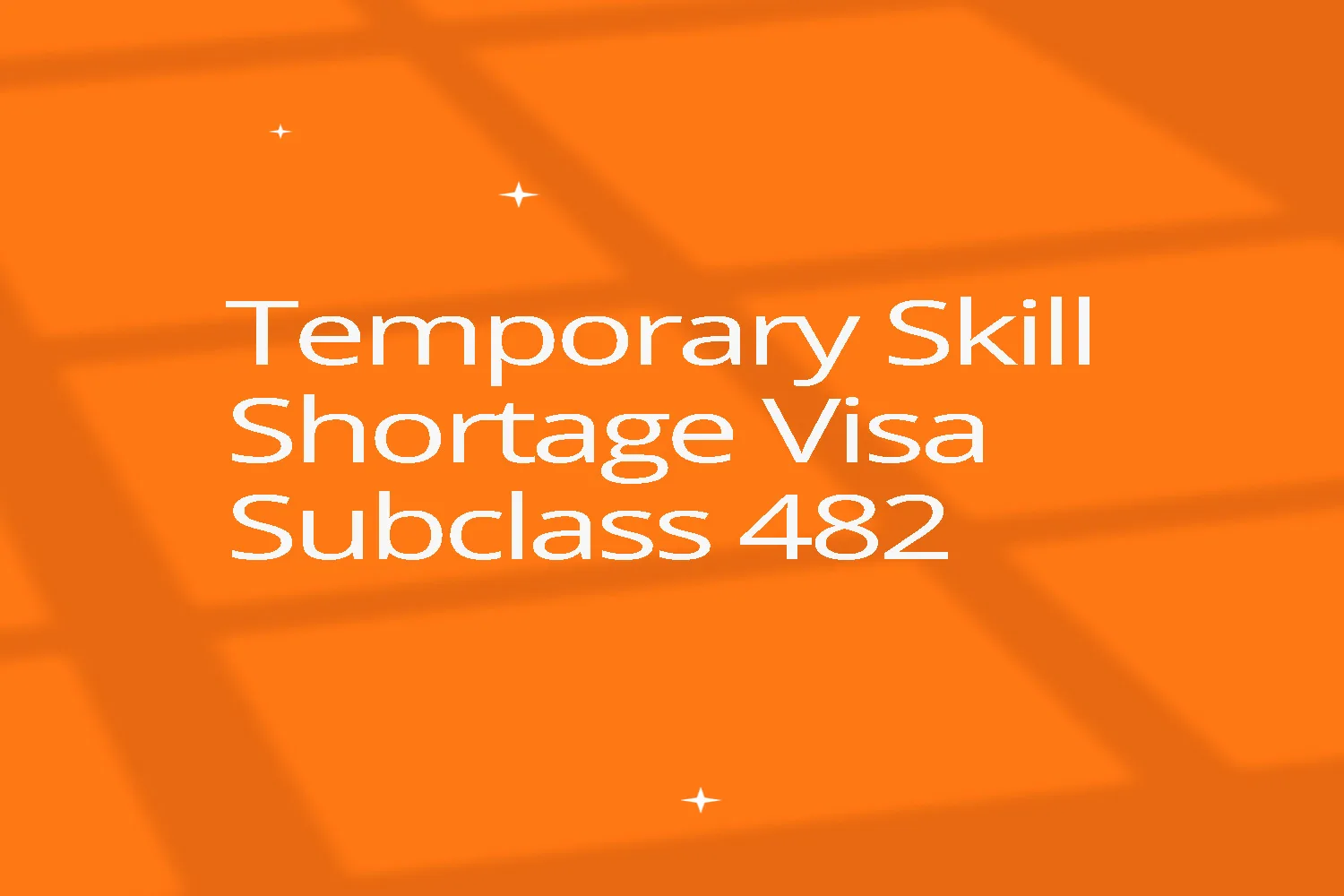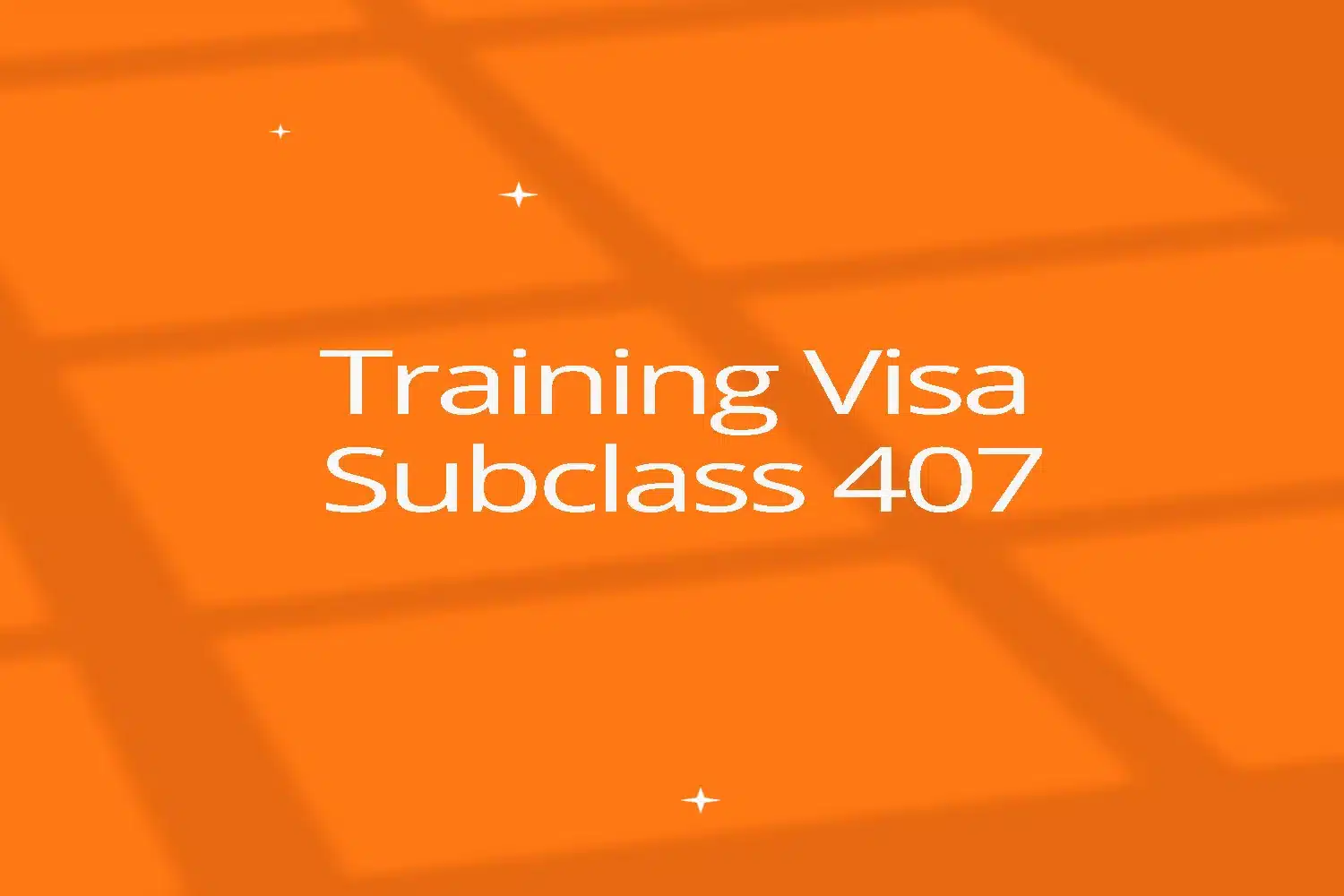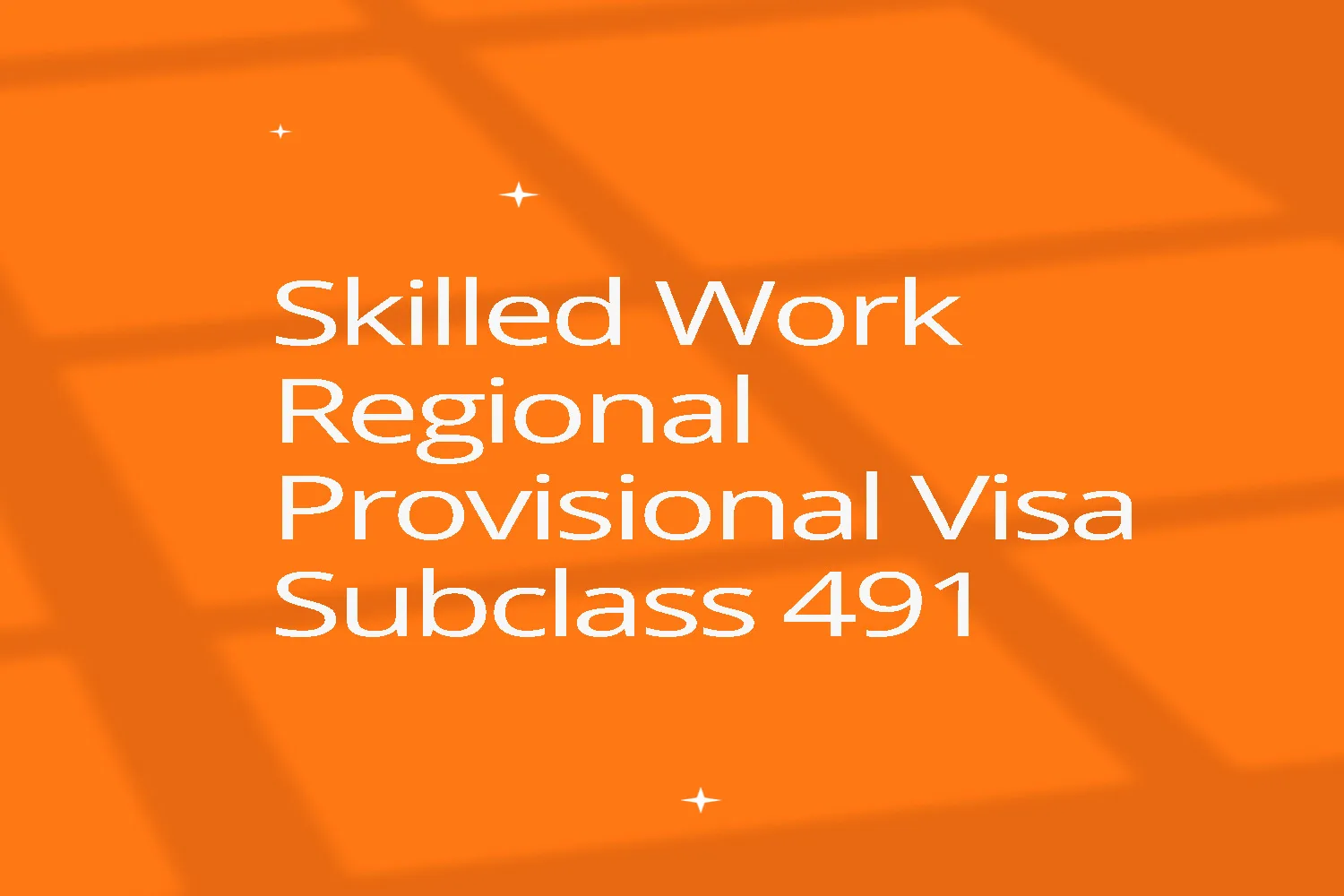ANZSCO 234411: Geologist
Skill Level: 1 | Assessing Authority: VETASSESS (Group: A)
Job description
An Environmental Research Scientist studies and develops policies and plans for the control of factors that may produce pollution, imbalance in, or degradation of the environment. ANZSCO A Geologist studies the composition, structure and other physical attributes of the earth to increase scientific knowledge and to develop practical applications in fields such as mineral exploitation, civil engineering, environmental protection and rehabilitation of land after mining.
Job Duties:
Highly relevant tasks include, but are not limited to:
- Interpreting remote sensing data to identify geological formations and anomalous areas for prospective exploration
- Examining and analysing geological specimens, rock cores, cuttings and samples using optical, chemical, electronic and mechanical techniques
- Determining the economic viability of extracting mineral resources in cooperation with other professionals and the possible impact on the geological environment of development proposals
- Determining the environmental impact of resource extraction proposals
- Interpreting research data from laboratory studies or exploration and preparing geological reports and maps
- Preparing or supervising the preparation of laboratory reports and scientific papers
- Supervising the work of technical officers, technicians and survey hands.
Occupations considered suitable under this ANZSCO code:
- Marine Geologist
- Palaeontologist
Employment context
Geology is the study of the Earth, including its history and composition, and of the dynamic systems that shape the Earth’s surface. The types of industry a Geologist might be found in include mining, oil and gas exploration, civil engineering, city planning and construction, among others.
Marine Geologist
This is a subset of geologists who study the processes (such as plate tectonics, volcanic activity, and earthquakes) of the land form that is underneath the ocean.
Palaeontologist
A paleontologist is a scientist who studies the history of life on Earth through the fossil record.
Qualification
Skills Assessment of the qualification involves assessment of both the qualification level and content. Qualifications are assessed according to the guidelines published by the Australian Government Department of Education and Training.
This occupation requires a qualification assessed as comparable to the education level of an Australian Qualifications Framework (AQF) bachelor’s degree or higher degree and in a field highly relevant to the nominated occupation.
Highly relevant major fields of study include:
- » Geology
- » Applied Geology
- » Geophysics
- » Earth Sciences
- » Sedimentology
- » Petrology
- » Environmental Geoscience
Criteria for a positive Skills Assessment
Please note in order to achieve a successful skills assessment outcome, a positive assessment for both qualifications and employment is required.
- This occupation requires a qualification assessed as comparable to the education level of an Australian Qualifications Framework (AQF) bachelor’s degree or higher degree and in a field highly relevant to the nominated occupation, and
- must have at least one year of highly relevant, post-qualification employment at an appropriate skill level completed in the last five years.
Source from: vetassess.com.au
Skill Assessment AssistanceProcessing Time
The full skills assessment process for this occupation will take between 8 and 10 weeks from the date you submit and pay for the application to VETASSESS. The time it takes to finish depends on how quickly VETASSESS get all of the required documents and any other information from you. Making sure you've given all the necessary documents in the right format will help cut down on the time it takes to process.
What will I get after the assessment?
When your application for a skills assessment is done, the assessing authority will send you an email with a soft copy of the skills assessment outcome letter.
The letter should contain the required skill level outcome, whether your qualification is assessed as comparable to the education level of an Australian Qualifications Framework (AQF) or not. Furthermore, it outlines the employment period that you have claimed and whether the evidence that you provided is met or not. If you meet both the qualifications and employment criteria for the skill assessment, you will get a positive result. If you don't, you will get an unsuccessful result.
Application Fees
The following table provides an outline of the fees that are charged by VETASSESS in accordance with it for the purpose of their service of full skill assessments for professional occupations.
| Application Fees – Full Skills Assessment | |
| Applicant is a resident of Australia for tax purposes* (fee includes GST) | AUD $1,177 |
| Applicant is NOT a resident of Australia for tax purposes*(fee excludes GST) | AUD $1,070 |


